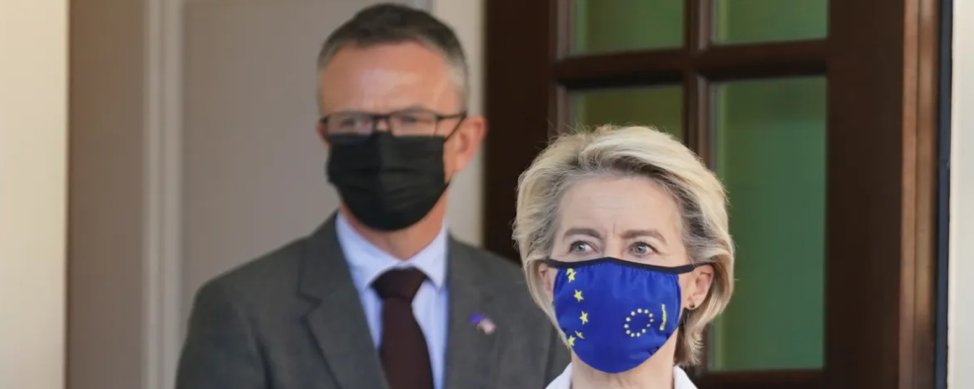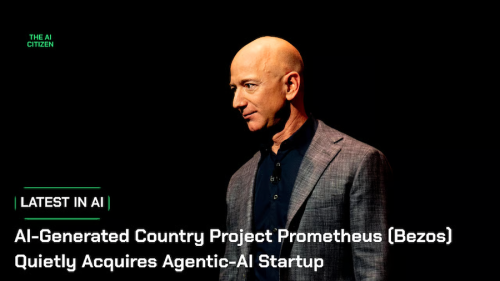A range of regulatory changes and new hires from the Biden administration signals a more proactive stance by the federal government towards artificial intelligence (AI) regulation, which brings the U.S. closer to that of the European Union (EU). These developments are promising, as is the inclusion of AI issues in the new EU-U.S. Trade and Technology Council (TTC). But there are other steps that these leading democracies can take to build alignment on curtailing AI harms.
Since 2017, at least 60 countries have adopted some form of artificial intelligence policy, a torrent of activity that nearly matches the pace of modern AI adoption. The expansion of AI governance raises concerns about looming challenges for international cooperation. That is, the increasing ubiquity of AI in online services and physical devices means that any new regulations will have important ramifications for global markets. The variety of different ways that AI can be trained and deployed also complicates this picture. For example, AI systems may be hosted in the cloud and accessed remotely from anywhere with an internet connection. Retraining and transfer learning enable different teams to jointly develop an AI model with many datasets while working out of multiple countries. Edge and federated machine learning techniques enable physical products around the world to share data that affects the function of their AI models.
These considerations complicate AI governance, although they should not be used as an excuse to eschew necessary protections—the many arguments for which I will not repeat here. An ideal outcome would be the implementation of meaningful governmental oversight of AI, while also enabling these global AI supply chains. Further, a more unified international approach to AI governance could strengthen common oversight, guide research to shared challenges, and promote the sharing of best practices, code, and data.
It is perhaps with this in mind that the September 2021 TTC meeting prominently included a discussion of AI policy. This was by no means guaranteed, as other issues deliberated in the inaugural TTC convening in Pittsburgh have far longer histories as bilateral policy issues, including semiconductors, investment screening, and export controls. Further, government officials who participated in the meeting expressed optimism about shared intentions around AI governance, specifically citing the consensus on both a risk-based approach and over prohibiting extreme cases of governmental social scoring.
The original article was published at the Brookings Institute.
The Boston Global Forum (BGF), in collaboration with the United Nations Centennial Initiative, released a major work entitled Remaking the World – Toward an Age of Global Enlightenment. More than twenty distinguished leaders, scholars, analysts, and thinkers put forth unprecedented approaches to the challenges before us. These include President of the European Commission Ursula von der Leyen, Governor Michael Dukakis, Father of Internet Vint Cerf, Former Secretary of Defense Ash Carter, Harvard University Professors Joseph Nye and Thomas Patterson, MIT Professors Nazli Choucri and Alex ‘Sandy’ Pentland, and Vice President of European Parliament Eva Kaili. The BGF introduced core concepts shaping pathbreaking international initiatives, notably, the Social Contract for the AI Age, an AI International Accord, the Global Alliance for Digital Governance, the AI World Society (AIWS) Ecosystem, and AIWS City.










